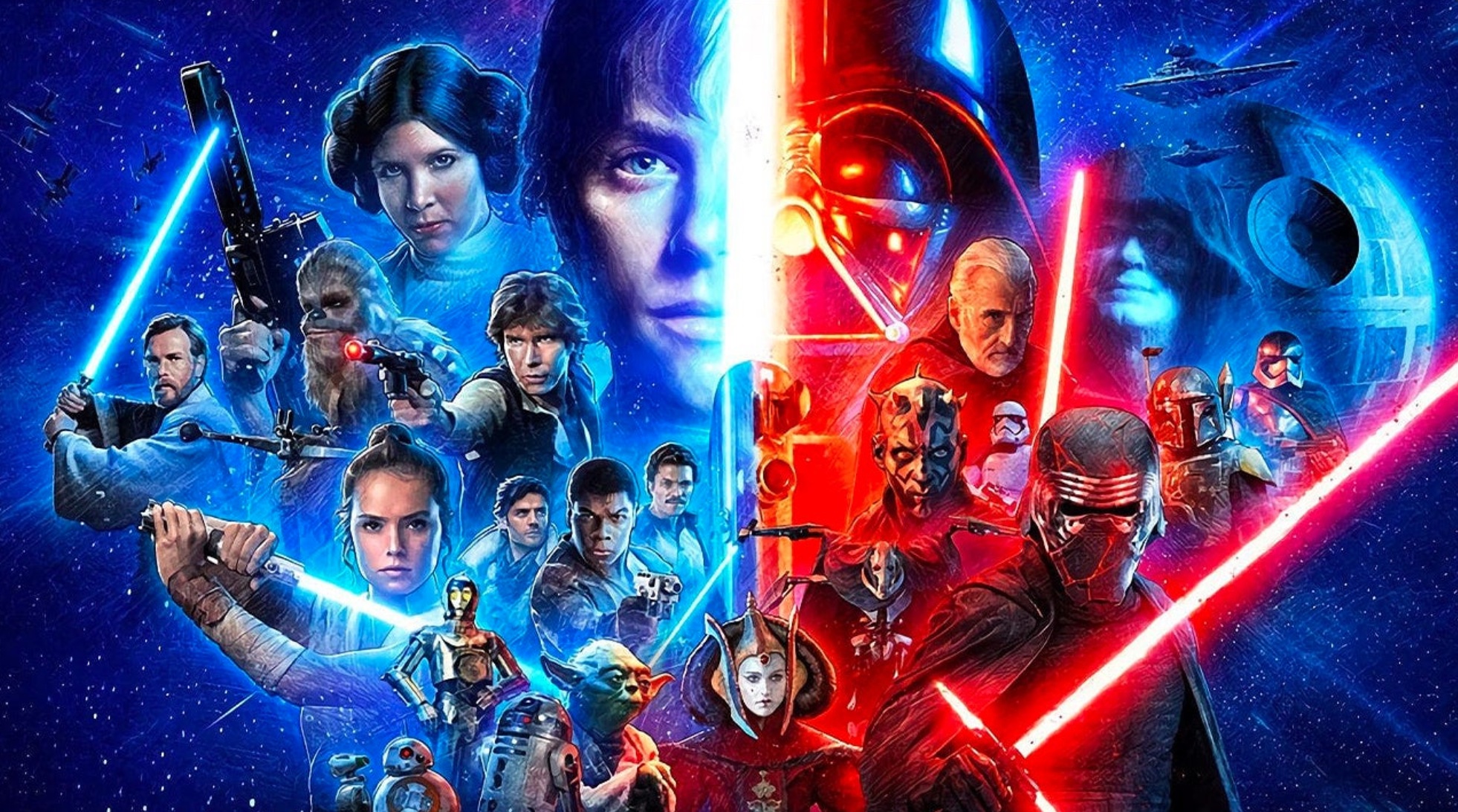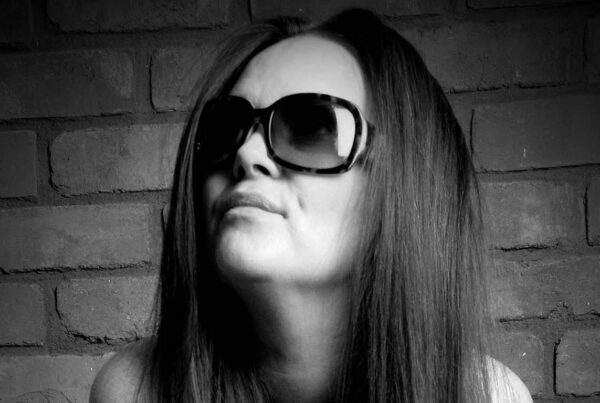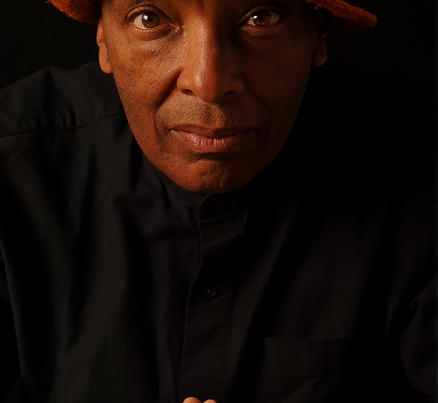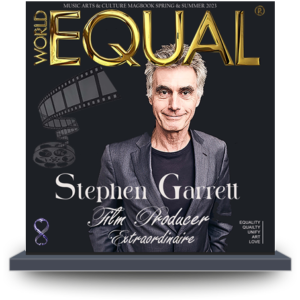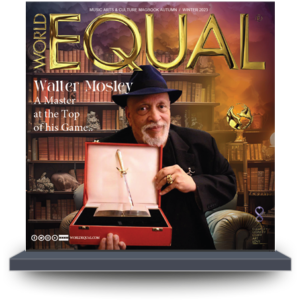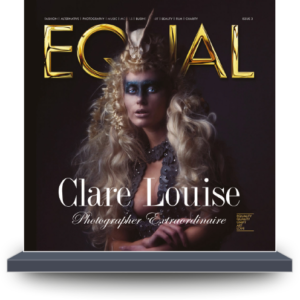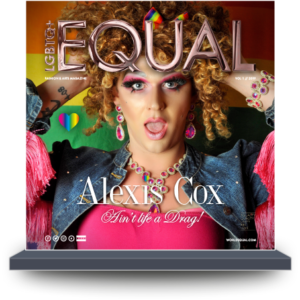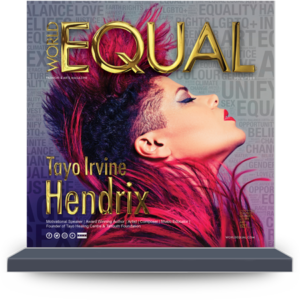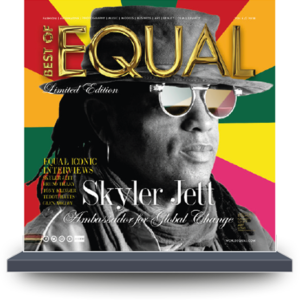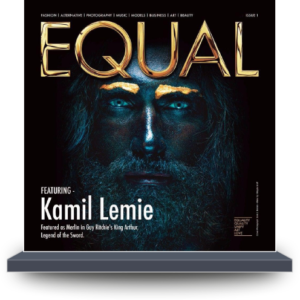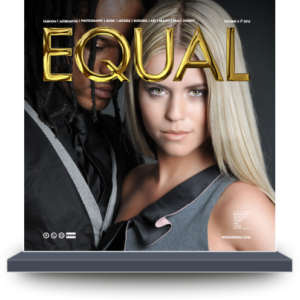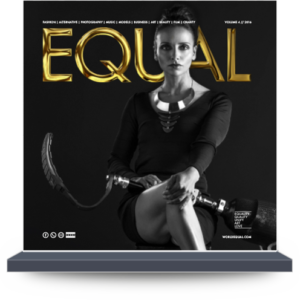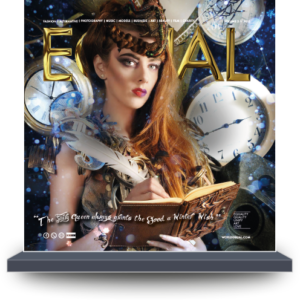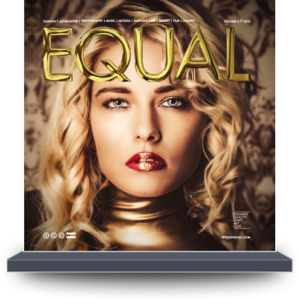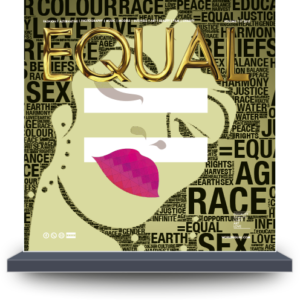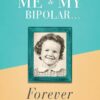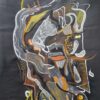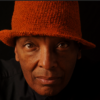Last Updated on 13/02/2024 by Admin
At World Equal, we get to meet some great and interesting people involved in the creative industries to some degree – but it’s not often that the opportunity arises to talk with people who have worked on something like Star Wars, Carrie and Mission Impossible I mean, that’s another universe, right? Well, we got to talk recently with Paul Hirsch, who was not only the editor of the first two Star Wars movies A New Hope and The Empire Strikes Back (Yes – this guy knew Darth didn’t need a paternity test way before the rest of us) but of several other greats, too. So, approaching the opportunity to interview Paul with a certain degree of trepidation (because we didn’t want to typecast him), we nevertheless plunged into the questions using good old Star Wars as a springboard.
World Equal: Star Wars: A New Hope and The Empire Strikes Back are probably the most famous of the movies you’ve worked on, but you’ve worked on many other greats like Ray, Falling Down, Mission Impossible – Ghost Protocol, Footloose, Ferris Bueller’s Day off, Lake Placid, Carrie, Planes Trains and Automobiles etc. So which was the most fun to do?
Paul Hirsch: First of all, bear in mind that Walter Murch says that fun is the past tense of hell. But I think the one that comes back to me as fun is Footloose. Because of the way it was shot, every time I finished editing one of the musical numbers, there would follow a round of viewings, growing more and more inclusive. I describe this in my book, A Long Time Ago in a Cutting Room Far, Far Away. The scenes had been shot to place-holder songs, and the final songs were only written and recorded in post. Each scene had to be recut to fit the last song. When I finished one, I would show it to Herbert Ross, the director, then to the producers, then to the writer and music producer, and sometimes the artist who recorded the song. Bonnie Tyler was in the room on one occasion. ‘Footloose’ – is another classic, but of a completely different ilk altogether than what went into putting together Lucas’s universe that we all know and love. Although we will fondly remember Kevin. Bacon’s twinkle toes in that particular gem, we still had questions about the cutting room far, far away indeed. So we pressed on – for the time being.
World Equal: When Star Wars was first made, many people thought it would never work, and nobody could have guessed how big it would become. When you were first editing it, did you ever feel that you were working with something extraordinary, or were you sceptical too?
Paul Hirsch: I was very excited to work on the film. I had seen production stills from the set, and of course, George Lucas was one of the most exciting young directors of our generation already. When I never had time to contemplate how the film would be received. I believed in it and was excited by every bit of it.
World Equal: So, which one of your previous projects do you consider your best work and why?
Paul Hirsch: There are several of which I am very proud of. Carrie, Ray, Footloose, The Empire Strikes Back, Falling Down, and several others. If I had to pick just one, I think I’d say, Ray. I have always loved cutting to music, and the tools that had been developed for making transitions gave me options that I wouldn’t have considered previously. Those transitions were always available, but they would have been too laborious to execute.
World Equal: We would love you to share one of the funniest moments of your career.
Paul Hirsch: After a preview, Sherry Lansing, the head of the production at Paramount at the time, came to the editing room with a couple of other executives. She was expounding her views about previews and how to interpret them, and she turned to me and asked, “For example, what’s the most successful picture you ever worked on?” I said, “Star Wars.” She stopped dead in her tracks and stared at me. It was clear that my answer was not what she was looking for to make her point. “You had to go and say Star Wars!” she moaned. I doubt she found it funny, but I did.
World Equal: We can imagine Star Wars presented some pretty novel challenges at the time or was it pretty straightforward from an editing point of view?
Paul Hirsch: I was the fourth editor hired on the picture. The first cut was not up to snuff, so my job was to identify its flaws and fix them. This was not a process I had engaged in before, as I had always done the first cut myself. So in that sense, it was novel to me. But by and large, the more significant alterations were the sort of thing you would do on any picture.
World Equal: After working on the first two Star Wars movies, W.E. wondered if you could tell us why you didn’t return to work on the third, Return of the Jedi ?
Paul Hirsch: George hired Richard Marquand to direct it, and he insisted on his own choice for the cinematographer and the editor. As a fellow director, George felt bound to accommodate him.
World Equal: Most people get to experience movies with little idea what they’re in for, so they get the whole experience, and most have, say, got to enjoy Star Wars as a classic. But does being the editor rob you of that experience? If so, does it bother you at all?
Paul Hirsch: I call it the Faustian bargain. In exchange for getting a seat in the front row to the making of a picture and having influence over the result, you relinquish the ability to see it as the audience does all at once for the first time. It’s just part of the process. By the end, you can’t stand to ever see it again, you’ve seen it so many times.
World Equal: Could you give World Equal an example of when you thought outside the box?
Paul Hirsch: In 1975, I worked on a picture called Obsession. It was an independent production, and the producers couldn’t sell it to any studios. This was because of an edgy plot development that frightened them away. I suggested changing one shot in the film, substituting a close-up in place of an establishing shot, and Columbia agreed to distribute the picture. You can read all about it in my book.
World Equal: We have watched and loved most of the films you’ve edited many times over. It may be hard to pick a favourite now, especially for lifelong Star Wars fans from the 70’s/80’s. The Millennium Falcon landed gift-wrapped in many homes around the world at that time. Of all the movies you’ve edited, which were the most difficult in the days of celluloid and which were the most difficult since the digital revolution and why?
Paul Hirsch: What makes a picture difficult is the people working on the film. The work is the work, and some pictures come together more easily than others, but when you have a director who can’t make a decision, or who can’t manage the producers or the studio, that’s what makes things really difficult.
World Equal: Modern technology such as the internet has opened the floodgates for many people to try movie editing from mobile phones and laptops. Have you any tips? Are you for or against this kind of self-learning digital technology has triggered?
Paul Hirsch: Let a hundred flowers bloom.
World Equal: What do you like least and most about being a film and video editor?
Paul Hirsch: I love the work. I hate the meetings.
World Equal: Were you a self-taught editor learning as you go, or did you have mentors in the beginning and throughout your career? If so, who were they?
Paul Hirsch: Self-taught. My most important mentor was Brian De Palma. He trusted me, encouraged me and empowered me, but he was a director, not an editor, so I developed my own way of working.
World Equal: When you are asked to edit a movie, do you ever have free reign to edit as you please, or do you have to work closely with directors every time until completion?
Paul Hirsch: The way I work is to put together the first cut on my own, following my dictates, but incorporating any choices of takes the director may make at that point. I then present the longest version of the film, so that everything is up there, and laid out so that we know what we are working with. At that point, I start working more closely with the director.
World Equal: We’re certain many aspiring editors would love to learn from your experiences. Have you ever run a masterclass or done any lecturing?
Paul Hirsch: I have not run a masterclass. I give the occasional lecture to composing students at the music school at USC about how to deal with temp tracks.
World Equal: Do you have a specific ground rule when editing that you adhere to?
Paul Hirsch: Keep it as simple as possible, but not too simple. I also follow another principle, namely – shorter is better!
World Equal: Was there ever a film you felt you wished you’d never started and one that you were offered but never got to do? If so, what was it called?
Paul Hirsch: There are several I wish I’d had nothing to do with! If you check my filmography against the films I wrote about in my book, the missing titles are the ones I wish I hadn’t worked on. I was offered Close Encounters, but I was unavailable. And I turned down Back to the Future, as I was exhausted at the time. That was probably a mistake, although I have no complaints because I went on to work with John Hughes on two of the funniest films of that era, Ferris and P.T.A.
World Equal: Have you ever made a happy mistake? For example an editing moment, decision or accident that wasn’t planned yet turned out for the better?
Paul Hirsch: Yes. I call those penicillin cuts because the drug was discovered as the result of a happy accident. For instance, in The Empire Strikes Back, in a scene in which Julian Glover plays a soldier reporting to Darth Vader, I accidentally cut in the word “he” twice at the beginning of his line. It was not a choice the actor had made, and I hadn’t done it on purpose, but it sounded like a stammer, and it fit the moment, so I left it in.
World Equal: If you had a magic wand, would you edit instantly with the wave of the wand, or would you prefer the old-school way of rolling up your sleeves?
Paul Hirsch: Wave of the wand!
World Equal: What movie took the quickest to edit, and what movie took the longest to edit?
Paul Hirsch: Deck the Halls was something like five months from start to finish. Mission Impossible and Empire went 14 months. So did A New Hope, but I wasn’t on it from the start.
World Equal: Could you tell us if there is anyone out there you’d like to work with again and someone new?
Paul Hirsch: I’d love to be reunited with De Palma, but I think that is very unlikely. I always regretted not working with Spielberg. I think we would have had a good time together.
World Equal: What’s the best advice that you would pass on to aspiring editors?
Paul Hirsch: If they are just starting, try to network with people one level ahead of them. They are often a good source of jobs. If they are assistants who feel ready to cut, stop taking assistant work. You will never be hired as an editor if you keep working as an assistant. If you are an editor, cut as much as possible, and follow your instincts.
World Equal: We have to ask. Are there any specific/secret projects you are working on at the minute and do you have any future projects in the pipeline?
Paul Hirsch: Nope. But that’s the beauty of the business. An unexpected call comes in, and it can change your life for the better!
Speaking with Paul, you get a natural feeling of just how far his career has spanned, and it certainly stretches beyond George Lucas’s universe. In some senses, we were relieved to have it confirmed that it’s not the work itself that can be difficult but the people you work with doing it. We also got a real sense that all these aspiring moviemakers out there cannot hope to get past the reality that doing something great requires not only creative vision but a lot of hours of hard work – indicated very clearly by what Paul says above – “magic wand any day” … (or magic lightsaber).

